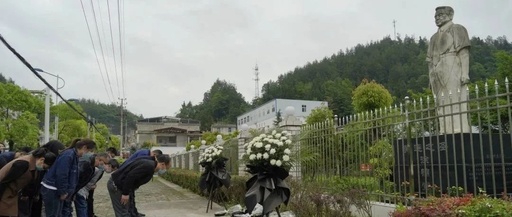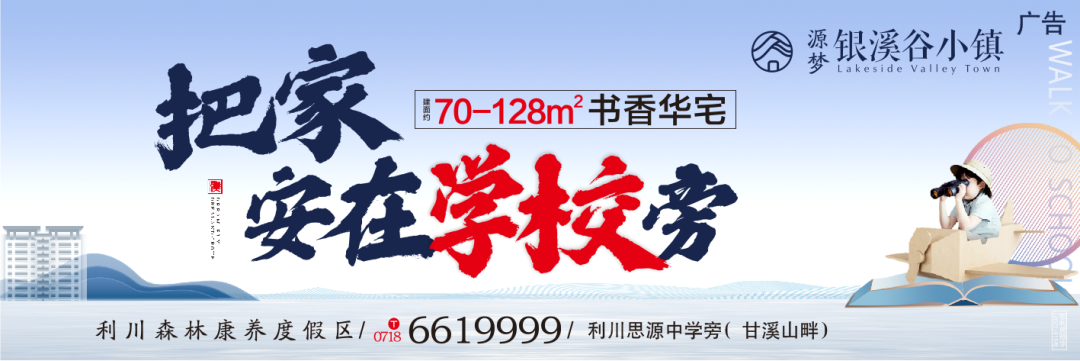


2021
May 23
At 10:10 AM on May 23, Professor Xu Jintang, known as the “Saint of Huanglian” and the “Father of Tianma,” passed away in Beijing at the age of 92.
For the people of Lichuan, Xu is a familiar figure and a great benefactor.
In 1958, Xu came to Fobao Mountain in Lichuan to study the cultivation of Huanglian (Coptis chinensis) and Tianma (Gastrodia elata). He dedicated himself to this work for eight years.
In the poem “Huanglian Song” by Jiang Yan from the Southern Dynasties, Huanglian is referred to as the “immortal medicine for drunkenness.” Through his cultivation research in Lichuan, he introduced the “Xu Jintang Cultivation Model,” ending centuries of deforestation for cultivation, promoting the “four harvests” of Huanglian, grain, forest, and livestock, allowing many farmers in Lichuan to prosper and earning the title of “Hometown of Ecological Huanglian” for Lichuan. By cultivating Tianma in Lichuan, he achieved the first successful artificial cultivation of Tianma, transforming it from “wild” to “domesticated.”
Though he has passed, his spirit lives on. In the early summer, the Huanglian seedlings in the forest of Fobao Mountain, where he once worked and lived, are lush and thriving, with some Tianma seeds already breaking through the soil and growing strong…
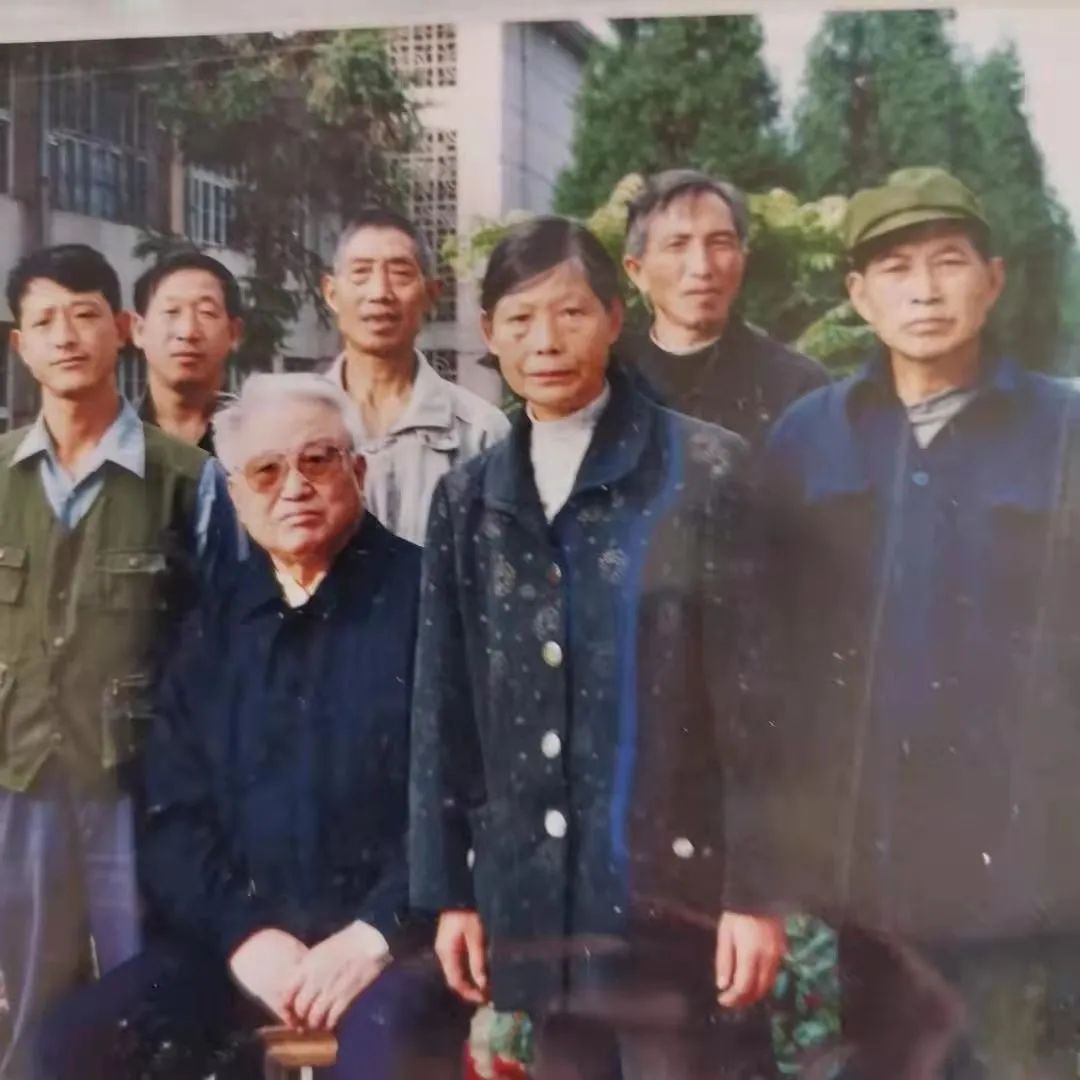
Professor Xu (second from the left in the front row) with Huanglian farmers at Fobao Mountain
#01
Rooted for Eight Years
Research Conducted on the Land of Lichuan
“It was very sudden, hard to accept…” Upon hearing the sad news, 77-year-old Wang Renfu was working in the fields, and his hoe slipped from his hand.
Speaking fluent Mandarin and being approachable… Elder Wang clearly remembers the day Xu came to Fobao Mountain.
At that time, Wang was an employee at the Fobao Mountain Medicinal Material Research Institute, responsible for studying the cultivation of Huanglian and Tianma. Since Xu was only in his teens, Wang treated him like an older brother, often working together, and they became good friends and mentors to each other.
The history of Huanglian cultivation in Fobao Mountain is long-standing, having been listed as a tribute as early as the Tang Dynasty; “Tianma is a treasure, once planted, it will run away. Tianma is a mountain spirit, once planted, it will not stay.” At that time, Tianma could not be cultivated artificially.
Having just graduated from Shanxi Agricultural University with a degree in agronomy, Xu brought a revolutionary cultivation technique for Huanglian and Tianma that impacted the entire country.
Wang recalls that although local cultivation began early, the methods were traditional, relying on “slash-and-burn” techniques, scattering Huanglian seeds on the slopes and waiting for them to grow naturally, resulting in low survival and yield rates. For centuries, farmers had followed the destructive method of building shelters for cultivation, requiring 10 cubic meters of wood for one mu of Huanglian, which meant cutting down about three mu of forest.
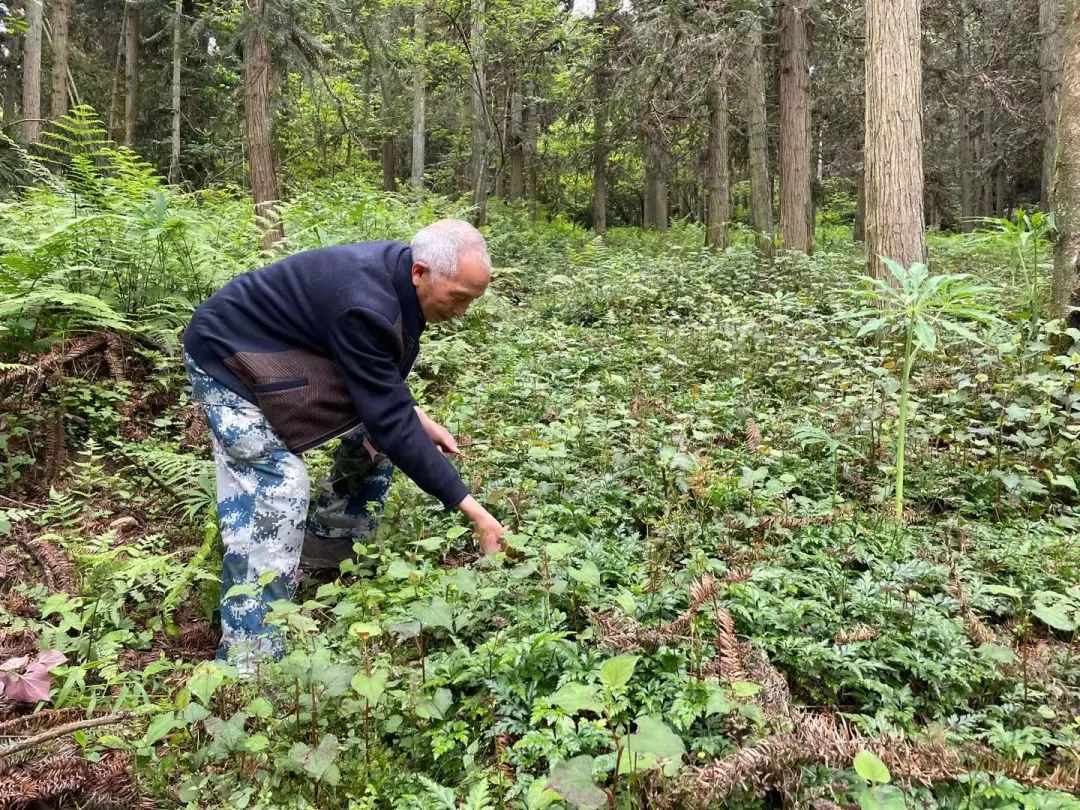
Wang Renfu at the Huanglian base where Xu worked
Huanglian cultivation relied entirely on natural conditions, and building shelters caused ecological damage… Upon arriving at Fobao Mountain, Xu was deeply moved. At that moment, he decided to take root here and change the traditional cultivation model.
At that time, Xu had already been assigned to the Institute of Medicinal Plant Research at the Chinese Academy of Medical Sciences. After returning to Beijing, he actively requested to return to Hubei Lichuan and the Huanglian production areas in Sichuan.
Next to the seedlings of Huanglian and Tianma, Xu measured their lengths with a steel tape and counted the number of leaves in the grass. He would stay for a long time, regardless of wind or rain, walking 10 li every day to check the growth conditions at the experimental site. For five consecutive years, Tianma cultivation failed, but Xu kept searching for new locations to experiment, adjusting his approach, and never giving up.
Xu’s solid work ethic left a deep impression on Wang Renfu. Wang recalls that to understand the growth of Huanglian under different fertilizers, Xu rolled up his sleeves, lifted the wooden board, and reached into the latrine pit to collect manure.
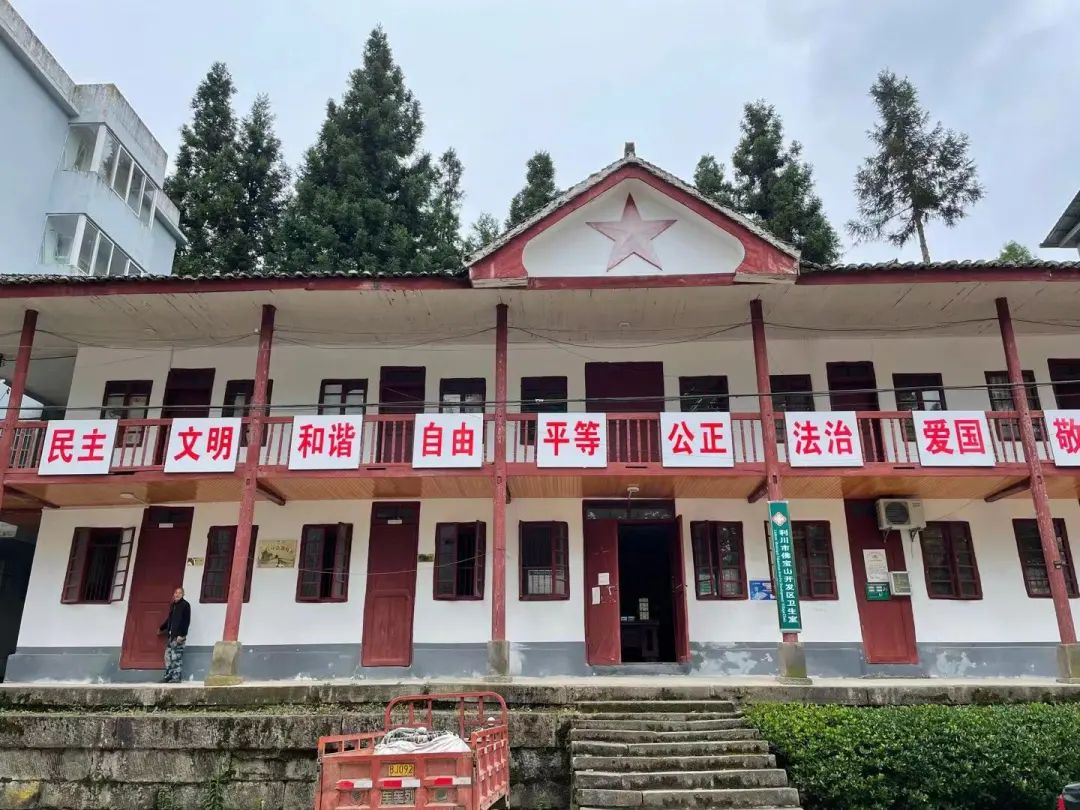
Xu’s former residence in Lichuan
Qiu Xianlin, former deputy director of the Fobao Mountain Medicinal Material Farm, introduced that through Xu’s dedicated research, three major breakthroughs were achieved. The use of wet sand storage and fine seedling cultivation techniques for Huanglian seeds changed the previous reliance on natural conditions for seedling growth, resulting in high survival rates and robust seedlings; transitioning from simple wooden shelters to natural forest understory cultivation, and even intercropping with corn, while successfully experimenting with livestock and human manure as base fertilizers, completely changing the traditional methods that destroyed forests and protecting the ecological environment; in 1965, the exploration of the “sexual reproduction of Tianma – leaf fungus bed method” led to the first successful domestication of Tianma in China and abroad. In 1978, the technology for transforming wild Tianma into cultivated varieties won a national science and technology conference award, and in 1980, it received the second prize for national invention.
Having engaged in medicinal plant research for over 50 years, Xu made outstanding contributions to the cultivation techniques and theoretical research of Huanglian, Tianma, and Zhu Ling (Polyporus umbellatus), achieving significant social and economic benefits, completely reversing the long-standing shortage of these medicinal materials, and making great contributions to the development of traditional Chinese medicine, economic development in impoverished areas, and the poverty alleviation of farmers.
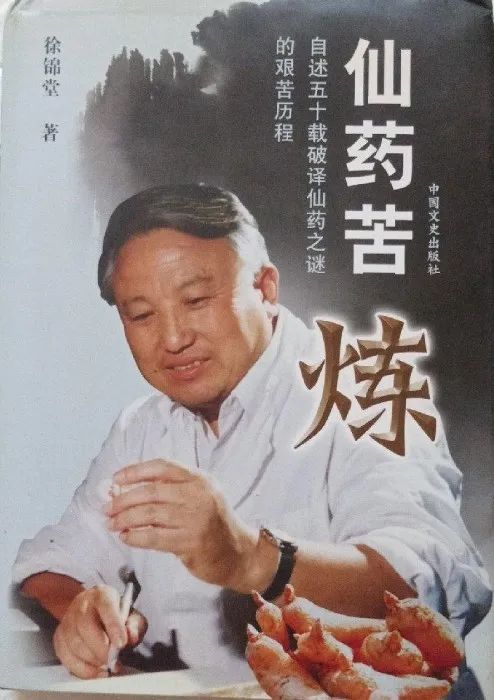
Xu’s authored book “The Bitter Medicine of Immortals”
#02
Love for Lichuan
He said he was a Lichuan person
“Although I work at the Institute of Medicinal Plants at the Chinese Academy of Medical Sciences, I am more of a Lichuan person; I love Lichuan.”
This was said by Xu at the beginning of his report at the second Huanglian Forum in Lichuan held in Wuhan in 2007, filled with emotion. At the conference, he generously shared the Huanglian ecological cultivation techniques he had meticulously summarized in recent years.
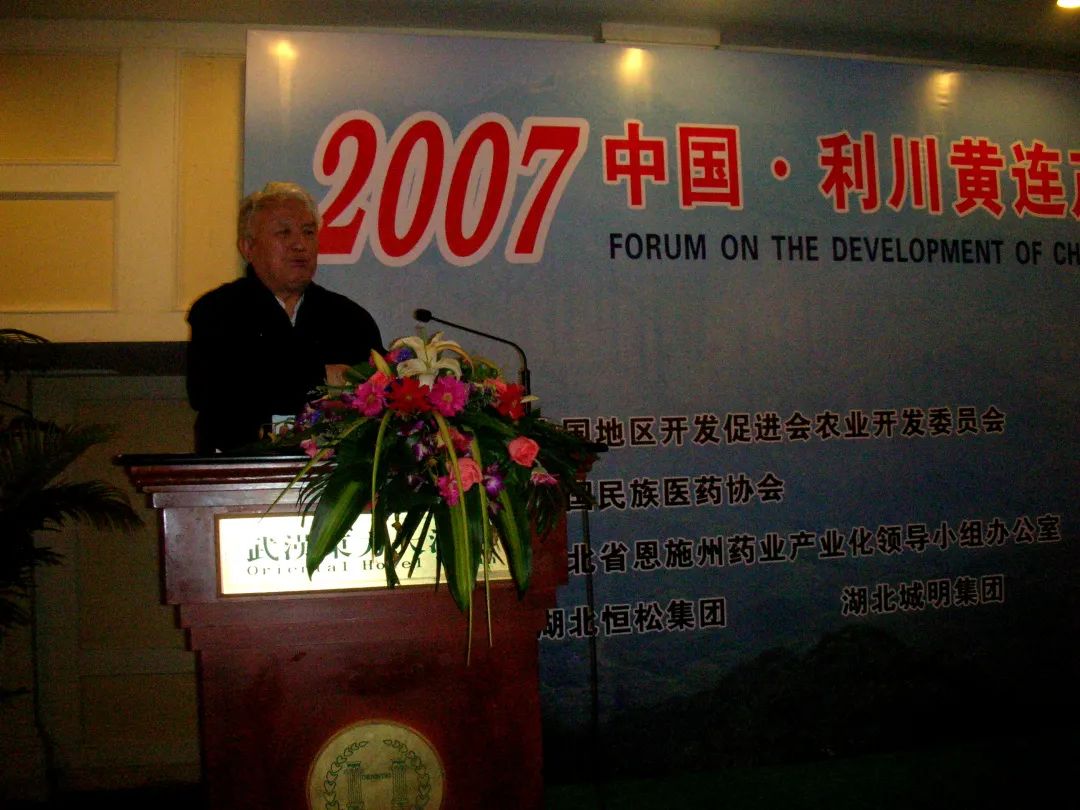
Xu giving a report at the Lichuan Huanglian Forum (Photo by Tian Chi)
Xu never missed a session of the “China Huanglian Lichuan Forum.” To promote Tianma cultivation techniques, he authored books such as “The Bitter Medicine of Immortals.”
Back in 2003, Lichuan City held the first “China Huanglian Lichuan Forum,” and after nearly 50 years, Xu returned to Fobao Mountain.
Revisiting the old place, Xu chatted familiarly with the local villagers, reminiscing about the glorious past. Although he was over seventy, with gray hair, Xu was still energetic, often entering the Huanglian shelters to inspect and patiently explain the cultivation techniques.
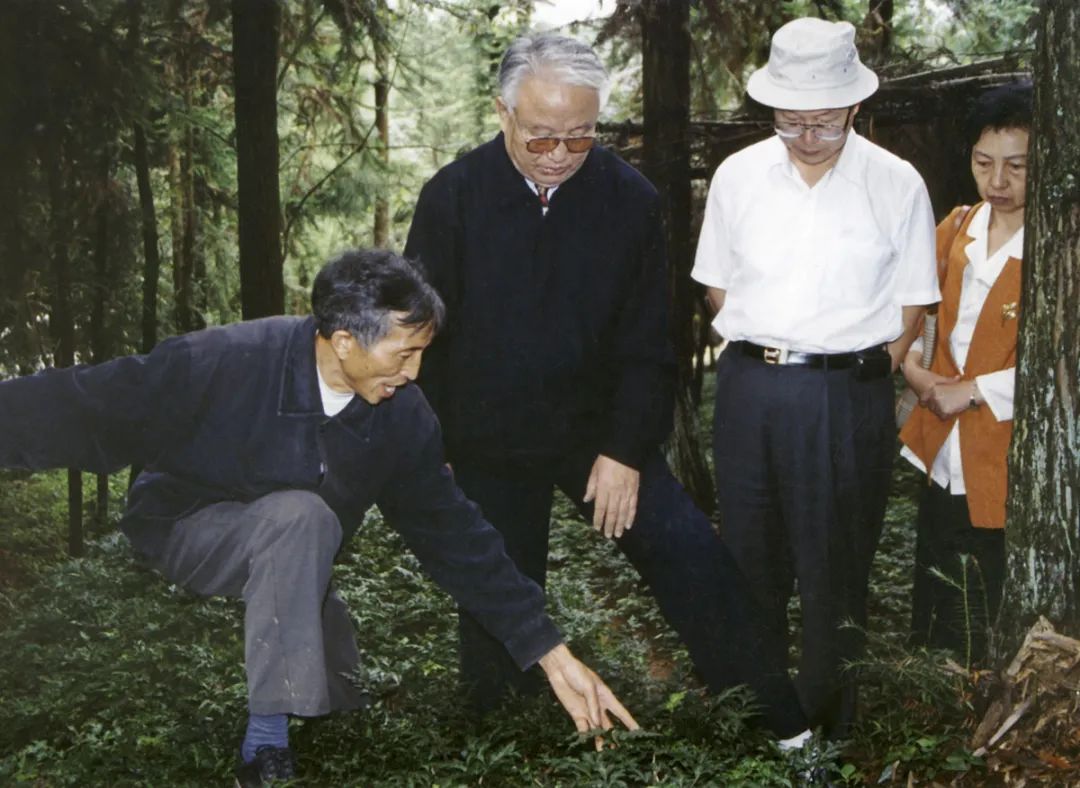
In September 2003, Xu (second from the left) at Fobao Mountain (Photo by Tian Chi)
In November 2004, an expert demonstration meeting for the protection of the national geographical indication product of Lichuan Huanglian was held in Beijing, where Xu, as an expert, tirelessly advocated for the Huanglian industry in Lichuan. In the same month, the results of the “Research and Promotion of Ecological Cultivation Technology for Lichuan Huanglian” initiated by Xu were recognized at a meeting in Beijing, receiving unanimous praise from experts including Academician Xiao Peigen of the Chinese Academy of Engineering.
For many years, Xu worked tirelessly for the development of Lichuan Huanglian, providing advice and suggestions to the locals, making bitter Huanglian a “good prescription” for farmers to escape poverty. In recognition of Xu’s outstanding contributions, the Lichuan Municipal People’s Government awarded him the title of “Honorary Citizen of Lichuan.”
“The farmers of Fobao Mountain became prosperous thanks to Huanglian, and the development of Huanglian relies on Xu,” Wang Renfu commented, noting that the yield of Huanglian increased from about 100 jin per mu to over 1000 jin per mu, and after harvesting Huanglian, a dense forest grew behind.
At the end of 2018, Xu also visited Jianan Town, known as the “First Town of Huanglian in China,” to provide technical guidance to local Huanglian farmers.
In the fields, an elderly man with white hair squatted down, explaining the various planting essentials in detail, answering every question from the farmers—this left a deep impression on the village party branch secretary, Lü Biquan. He said Xu’s visit provided solutions to long-standing problems of Huanglian pests and diseases regarding medication and fertilization.
Across the city, it was precisely due to breakthroughs in cultivation techniques that Lichuan Huanglian achieved significant development, unifying economic and ecological values, becoming a well-known brand.
In 2010, the China Traditional Chinese Medicine Association awarded Jianan Town in Lichuan the title of “First Town of Huanglian in China.” In 2010, “Lichuan Huanglian” obtained the national geographical indication trademark, with a brand value of 599 million yuan. In June 2011, Lichuan was again awarded the title of “Hometown of Ecological Huanglian.” Lichuan Huanglian has been recognized as one of the first nine varieties of “Protection and Standardized Cultivation of Authentic Medicinal Materials” in the country, and in June 2012, the China Traditional Chinese Medicine Association issued a certificate for the “Demonstration Base for the Protection and Standardized Cultivation of Authentic Huanglian Medicinal Materials.” In May 2021, “Lichuan Huanglian” applied for national agricultural product geographical indication, which has successfully passed provincial review and is about to participate in expert review at the Ministry of Agriculture and Rural Affairs.
Currently, the planting area of Huanglian in Lichuan City remains stable at 117,000 mu, with an annual production of 4,000 tons of dried Huanglian and a comprehensive output value of nearly 200 million yuan.
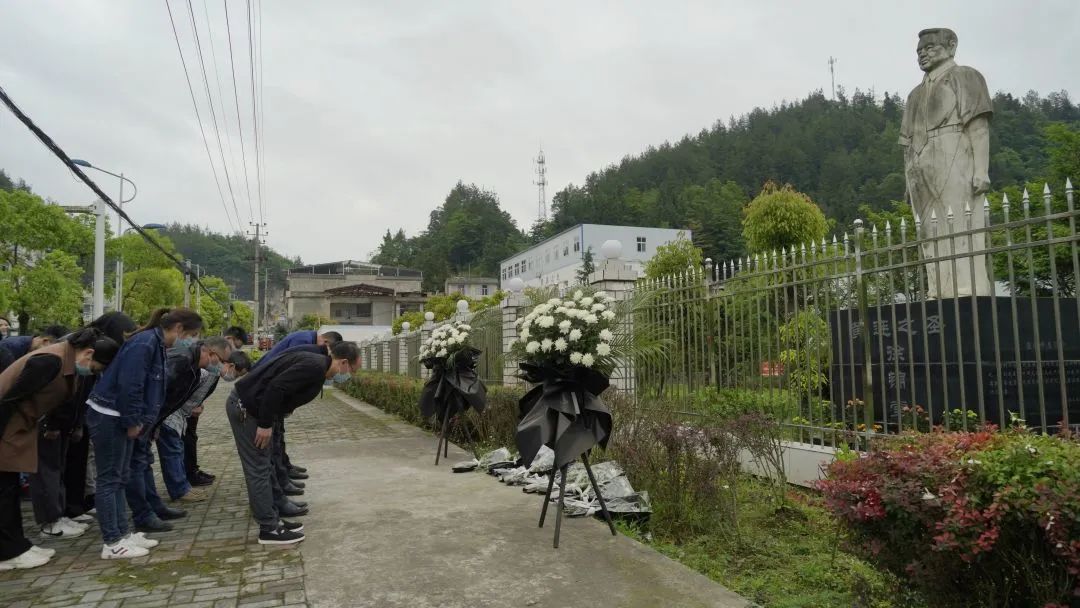
Employees of Xianglian Pharmaceutical Company pay tribute to Xu
#03
Passing the Torch
Helping “Lichuan Huanglian” Become Even More Renowned
On the afternoon of May 25, in front of the statue of the “Saint of Huanglian” in Lichuan City, more than 30 employees of Hubei Xianglian Pharmaceutical Co., Ltd. solemnly presented chrysanthemums as a token of mourning, bowing three times to the statue.
This statue was erected in 2003. To commemorate Xu’s scientific spirit and dedication to Lichuan, benefiting the people, 419 units and individuals actively donated to create the statue.
“Solving production problems has been my lifelong pursuit,” many of Xu’s friends recalled that he often said this.
It was Xu’s pragmatic scientific spirit and selfless dedication that supported him in taking root in the mountains and creating numerous technological innovations.
A great man has departed, but his spirit lives on. His spirit is like a seed, deeply planted in the hearts of the people. From farmers to party and government officials, Lichuan City has formed a collective image of striving to develop the Huanglian industry.
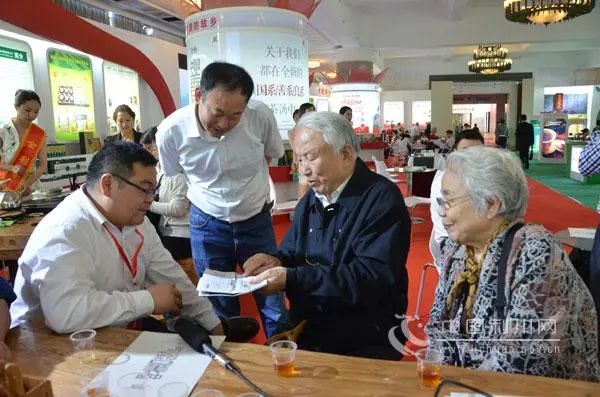
Xu had previously provided advice for the red brand of Lichuan
A relevant person in charge of the Fobao Mountain Ecological Comprehensive Development Zone stated that it was Xu’s technological breakthroughs that led to the current glory of “Lichuan Huanglian.” In the next step, the development zone will rely on its good ecological advantages, restore the soil, improve Huanglian quality, certify organic Huanglian, and build a Huanglian industry chain through “cooperatives building bases + research institutions developing deep-processed products + collective economy cooperating with market entities.”
“Xu’s contributions have benefited Lichuan farmers and promoted the development of the Lichuan Huanglian industry. We, the new generation of Huanglian people, must inherit and carry forward Xu’s spirit of hard work and scientific exploration,” said Zhang Lin, a relevant person in charge of Hubei Xianglian Pharmaceutical Co., Ltd.
According to reports, the Huanglian industry in the city, in addition to further developing the main product Xianglian tablets, has also developed Huanglian toothpaste, facial masks, and other products, striving to maximize the efficacy and benefits of Huanglian for the people, living up to Xu’s expectations for Lichuan farmers.
“Xu’s passing is a great loss for the country,” lamented Wang Zhonglian, a major Huanglian grower in Jianan Town, noting that many farmers have become wealthy because of Huanglian, thanks to Xu’s contributions. In the future, we must develop and strengthen the Huanglian industry, making the “Lichuan Huanglian” brand even more renowned, to honor the spirit of the “Saint of Huanglian.”
Chen Cheng, head of Hubei Chushengtang Medicinal Materials Co., Ltd., stated that we must carry forward Xu’s spirit of excellence, improving the yield, quality, and value of Lichuan Huanglian, leading more farmers to a well-off path. With the promotion of East-West cooperation projects, the company has built a new factory, reducing processing costs for nearly 400 Huanglian farmers each year.
“We must be like Xu, steadfast in our practical and innovative approaches, applying new technologies to Huanglian cultivation and production,” said Liu Lei, a major grower who returned to his hometown after graduating from university to lead his fellow villagers in developing the Huanglian industry.
Through the Huanglian Forum, Tian Chi, a staff member of the Lichuan City Heritage Museum, got to know Xu. After several interactions, Tian was deeply impressed by Xu’s diligent research spirit and his connection to Lichuan. Upon hearing the sad news of Xu’s passing, Tian wrote a piece late at night to express his condolences—
“Huanglian suffers bitterness, bringing sweetness to the people of Bashan;”
“The distant willows grow, leaving a fragrant branch in the medicinal garden.”
Below is a video from Ba Man Shuo
Editor: Fu Linmei Review: Zhou Xun Approval: Fu Xiaotang



